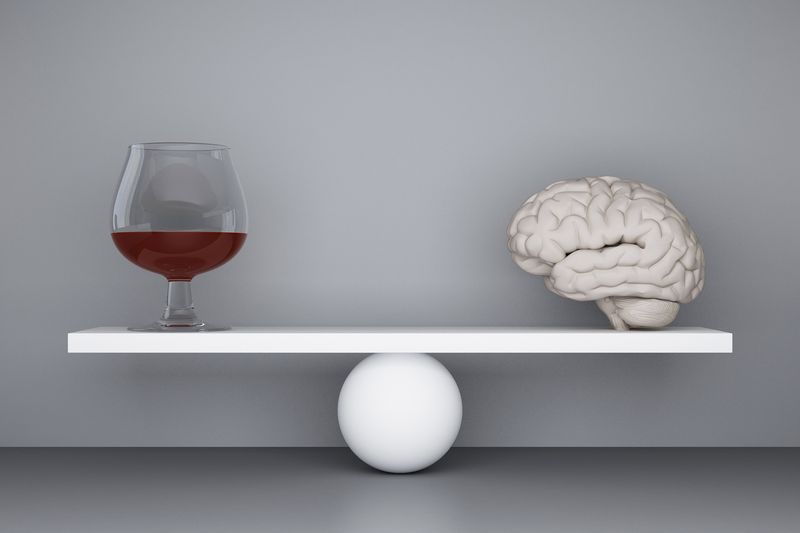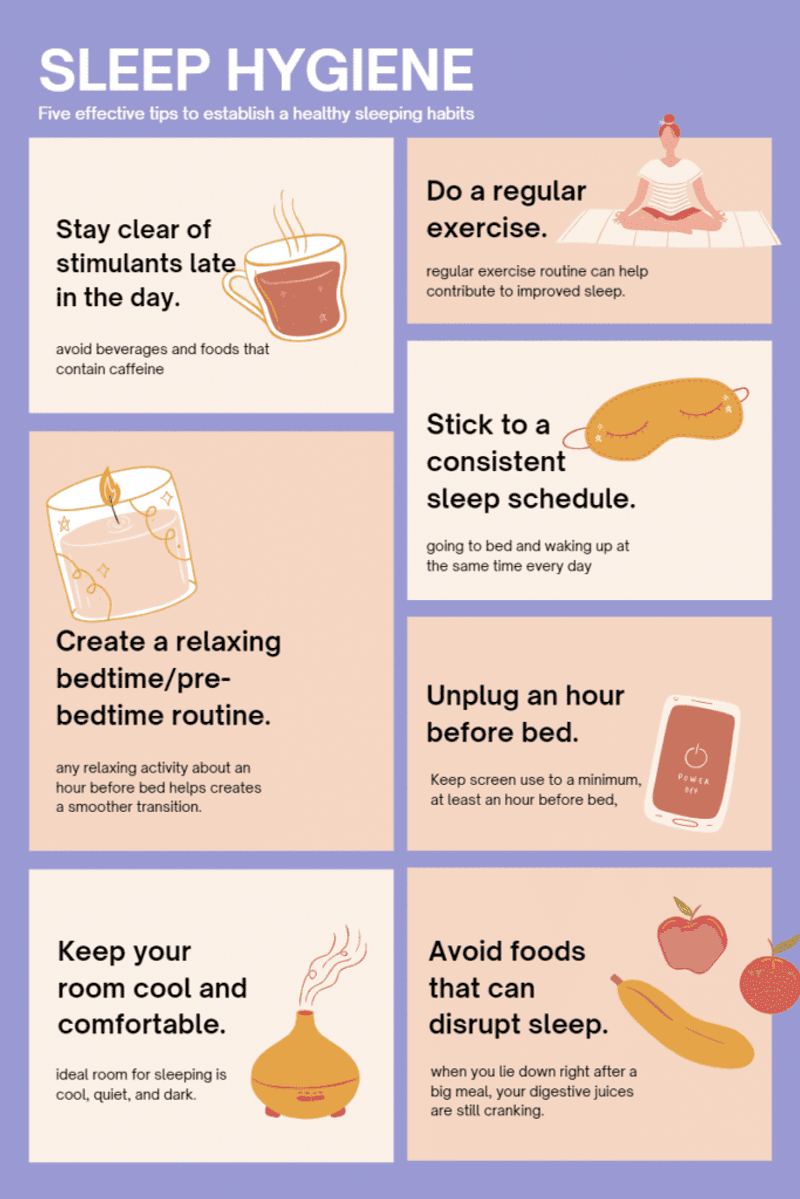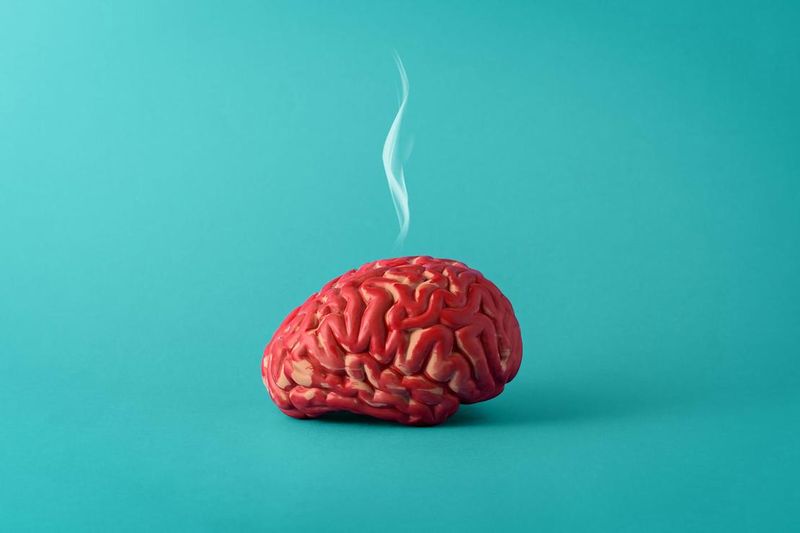Adopting healthy evening habits can play a crucial role in supporting brain health and potentially preventing cognitive decline. As the sun sets, it’s vital to be mindful of activities that can impact mental well-being. This blog post explores 11 specific things to cease doing after 5 P.M. to help protect against Alzheimer’s.
1. Avoid Heavy Meals

Eating heavy meals in the evening can lead to disturbed sleep patterns. Our bodies need time to digest food, and consuming large portions late in the day can interfere with this process. This disruption can affect the quality of sleep, which is essential for cognitive health. Consider lighter meals with balanced nutrients for dinner. Opt for foods rich in antioxidants and omega-3 fatty acids that are known to support brain health. Instead of indulging in a heavy steak, try a salad with grilled fish or nuts. Changing this habit can have lasting benefits for your brain.
2. Limit Screen Time

Spending excessive time on screens before bed can impact your sleep and cognitive health. The blue light emitted by screens can interfere with your body’s natural sleep-wake cycle, making it harder to fall asleep. It’s beneficial to limit screen exposure at least an hour before bed. Instead, consider engaging in relaxing activities such as reading a book or listening to soothing music. These alternatives can prepare your mind for restful sleep and help maintain mental acuity. Remember, quality sleep is crucial in preventing cognitive decline and supporting overall brain health.
3. Avoid Excessive Alcohol

Consuming too much alcohol can interfere with your sleep and affect brain health. Alcohol impacts the central nervous system and can disrupt the quality of sleep, which is vital for neurological function. Try to limit your intake to one drink or less in the evening. This moderation can help you maintain a steady sleep cycle and support cognitive health. Replacing alcohol with herbal teas can also relax the body and mind. Simple changes in evening routines can have positive effects on long-term brain health.
4. Skip Stressful Activities

Engaging in stressful activities late in the day can heighten anxiety and impact your mental well-being. Stress releases hormones that can interfere with the brain’s ability to function optimally. Instead, embrace calming practices like meditation or gentle yoga to unwind after a long day. These practices can lower stress hormones and improve mental clarity. Focusing on relaxation in the evening can foster a peaceful mind and support long-term cognitive health. Prioritizing calmness before bedtime is a step towards preventing Alzheimer’s.
5. Avoid Caffeine

Caffeine is a stimulant that can disrupt sleep patterns and impact cognitive function. Consuming caffeinated beverages late in the day can delay your ability to fall asleep, resulting in less restorative rest. Instead of reaching for a cup of coffee or tea, try herbal teas or warm milk, which can promote relaxation and sleepiness. These alternatives can help ensure a restful night’s sleep and support brain health. Establishing a caffeine-free evening routine contributes significantly to maintaining mental sharpness.
6. Stop Smoking

Smoking adversely affects brain health and can increase the risk of cognitive decline. Nicotine is a stimulant that can disrupt sleep and harm the nervous system. Quitting smoking not only benefits physical health but also supports mental wellness. The evening is a good time to reflect on this habit and consider making positive changes. Engaging in activities that distract from cravings, such as walking or reading, can be beneficial. Taking steps to quit smoking is crucial for maintaining cognitive health.
7. Avoid Isolation

Social isolation can negatively impact cognitive function and increase Alzheimer’s risk. Engaging socially stimulates the brain and supports mental health. After 5 P.M., consider connecting with friends or family, even if it’s a phone call or video chat. These interactions can enhance mood and provide mental stimulation. Being socially active creates a sense of belonging and can combat feelings of loneliness. Making social connections a priority can protect your brain and enrich your life.
8. Limit Sedentary Behavior

Being inactive in the evening can negatively affect both physical and mental health. Sedentary behavior can lead to weight gain and reduced cognitive function. Incorporating physical activity, like a short walk or light yoga, can boost brain function and enhance mood. Exercise increases blood flow to the brain, promoting the growth of new neural connections. Even gentle movements can have a significant positive impact on cognitive health as you age. Prioritizing evening physical activity helps in maintaining a healthy mind.
9. Avoid Overthinking

Overthinking in the evening can lead to stress and affect sleep quality. Engaging in activities that calm the mind, such as journaling or reading, can help alleviate this issue. Writing down thoughts and worries can be a therapeutic way to clear the mind and prepare for sleep. Setting aside time to unwind and reflect can support emotional well-being and aid restful sleep. This practice encourages mental clarity and can significantly benefit cognitive health in the long run.
10. Avoid Negative News

Consuming negative news before bedtime can increase stress and anxiety, affecting mental health. It’s essential to create a peaceful environment free from distressing information in the evening. Instead, focus on uplifting content or engage in calming activities that promote relaxation. Reading a positive book or listening to soothing music can create a tranquil atmosphere. Protecting your mental space before sleep is a valuable practice for maintaining cognitive resilience.
11. Skip Big Decisions

Making significant decisions in the evening can be overwhelming and disrupt mental peace. The brain needs rest to process complex thoughts, and tackling major issues late in the day can lead to stress. Instead, save important decisions for the morning when the mind is fresh. This approach ensures better judgment and reduces unnecessary stress. By managing decision-making wisely, you contribute to a peaceful evening routine that supports cognitive well-being.
Hi all, I am Sidney, an accountant, a hobbyist photographer, and a mother to two sweet girls who are my motivation. I love sharing the tips and tricks I gained all these years I’ve been a mother. I hope it will help you!

